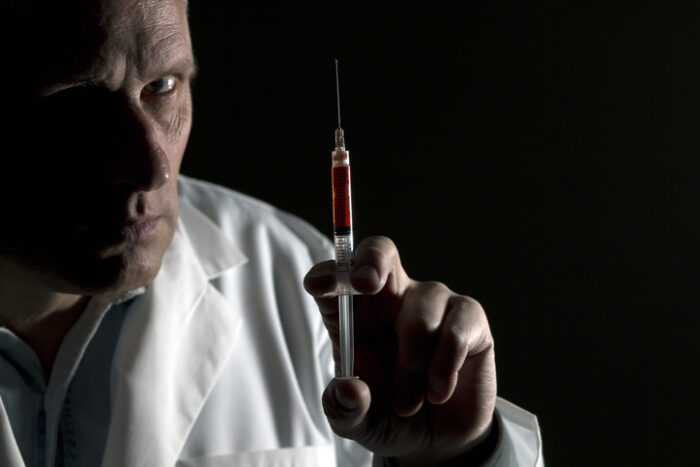
A new medical code of practice that removes the prohibition on deliberately ending a patient’s life and weakens freedom of conscience has alarmed hundreds of doctors, according to Hope Ireland. The move is seen as paving the way for euthanasia.
The human rights group, which opposes euthanasia, has called for the issue “to be reviewed by the Medical Council, and for a public debate on the deeply concerning practical implications of these new guidelines.”
“Doctors across the country have voiced their worry by the removal of the guideline preventing doctors from participating in the deliberate ending of a patient’s life,” Hope Ireland spokesperson Siobhán Traynor said.
“It is widely suspected that this section has been deleted due to an expectation on the part of the Medical Council that Ireland will soon introduce a form of euthanasia and assisted suicide. An Oireachtas Special Committee is currently deliberating on whether to introduce such a law. Hope Ireland has campaigned strongly against these proposals, which would inevitably set a precedent for an ever-expanding law (as has been in the case in the vast majority of jurisdictions which initially introduced a limited form of euthanasia) whilst undermining investment in palliative care”.

A fertility clinic was ordered to discontinue its embryo screening procedures after an inspection found a series of critical faults in its laboratory management, training and use of equipment that included using a device for egg collection that was known to be defective, reports the Irish Independent.
Embyro screening more generally is seen by critics as a form of eugenics.
‘First IVF’, based in Clane, Co Kildare, was the subject of a heightened inspection regime from the Health Products Regulatory Authority (HPRA) from June 2022 up to last October after inspection reports in April 2021 and July 2022 found a series of major problems.
An inspection report on First IVF finalised in July 2022 by the HPRA, obtained under Freedom of Information Act, found 35 critical deficiencies in its management and handling of embryo biopsies. The report is by far the most serious released by the HPRA since the Independent began publishing fertility clinic inspection reports completed since 2018.
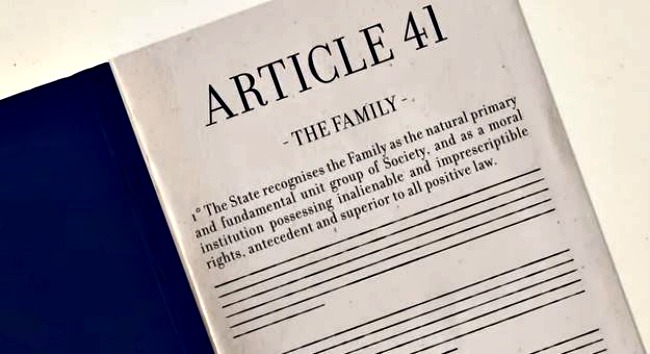
The Free Legal Aid Centres (FLAC) have called on the Government to change the wording of the two referendums proposed for March 8th. The Bills setting up the votes will be considered by the Oireachtas in the coming weeks.
The NGO has provided specific recommendations to strengthen and clarify the ‘family’ and ‘care’ amendments.
In particular, they say expanding the constitutional definition of the family to include to “durable relationships”, “raises many questions about what the amendment will mean in practical terms”.
Noting the use of the term in the Constitution is novel, they advise amending the proposed new wording so that after “durable relationships”, the words “such as that which exists between parents and children” should be added.
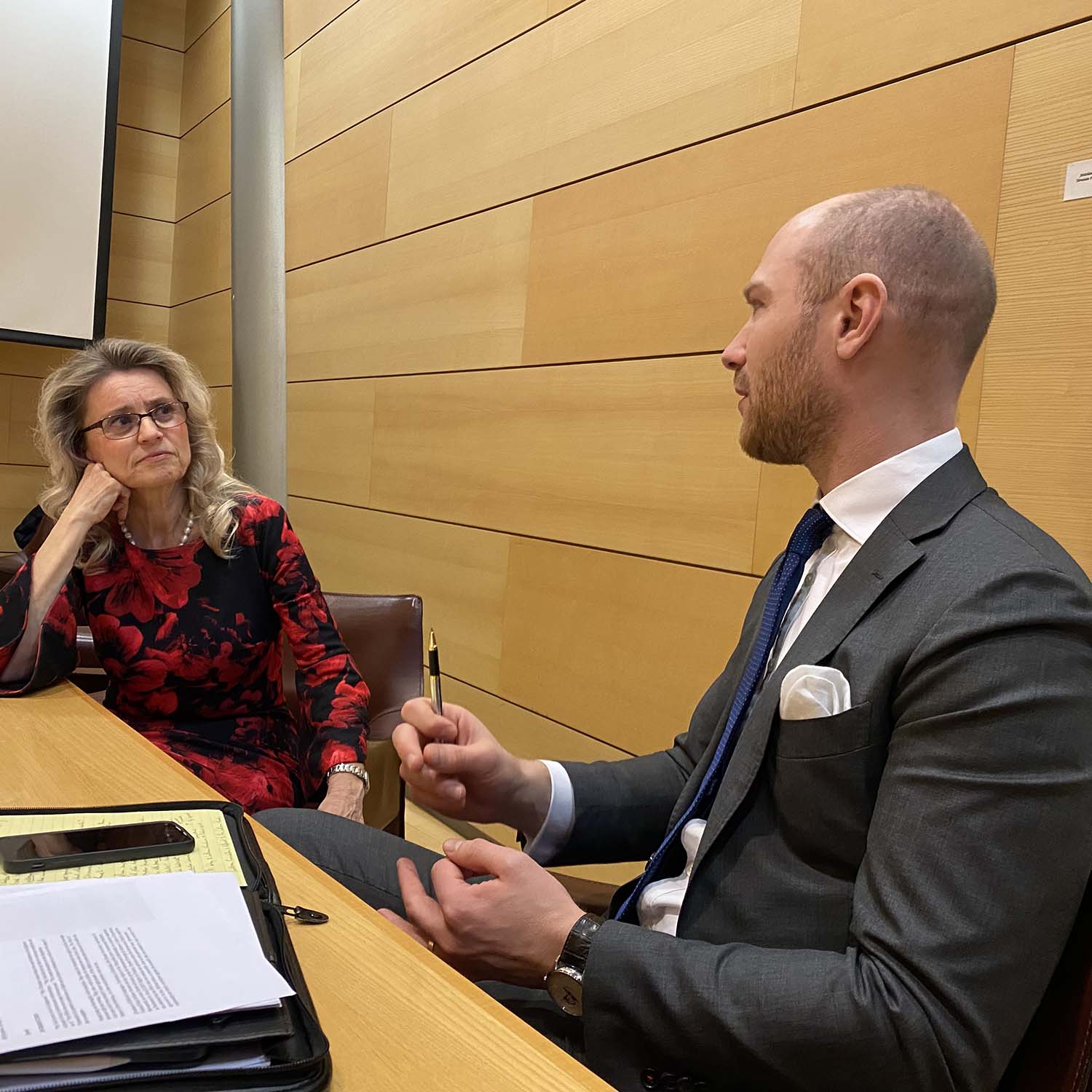
The Finnish state prosecutor will appeal a second unanimous court decision which exonerated a Finnish MP and bishop of “hate speech” allegations for sharing their faith-based beliefs.
The prosecution is demanding tens of thousands of Euros in fines and insisting that the two defendants’ publications be censored.
“The state’s insistence on continuing this prosecution despite such a clear and unanimous ruling by both the Helsinki District Court and Court of Appeal is alarming,” said Paul Coleman, Executive Director of ADF International.
“Dragging people through the courts for years, subjecting them to hour-long police interrogations, and wasting taxpayer money in order to police people’s deeply held beliefs has no place in a democratic society. As is so often the case in “hate speech” trials, the process has become of the punishment”.

The dictatorship of Daniel Ortega on Sunday expelled two imprisoned Nicaraguan bishops along with 15 priests and seminarians.
The clerics were sent to the Vatican.
Nicaraguan media outlets La Prensa and Confidencial first reported on the release, indicating that among those released was Bishop Rolando Álvarez of Matagalpa and Bishop Isidoro Mora of Siuna.
Auxiliary Bishop Silvio José Báez of Managua, exiled due to persecution by the Ortega dictatorship, confirmed the news of the release of the bishops, priests, and seminarians in tears: “Our pastors are free.”
The released clerics arrived in Rome on Sunday afternoon and were welcomed as “guests of the Holy See,” according to Vatican News.
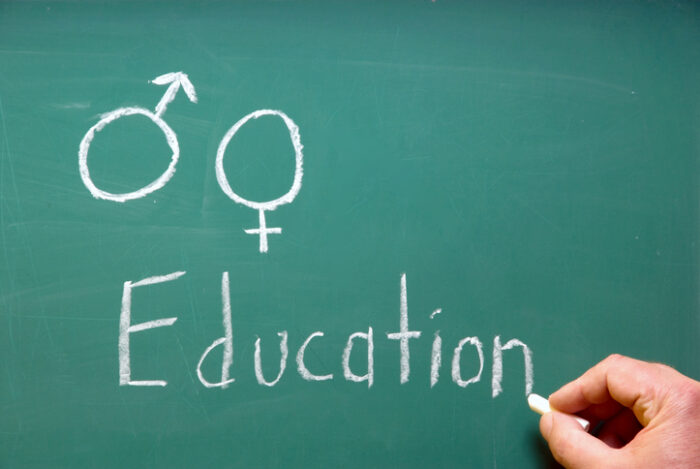
A large majority (73% ) of respondents are opposed to sex education resources covering “access to abortion”, according to the results of a consultation by the Department of Education in Northern Ireland.
At the same time, the Department has confirmed that parents have the right to withdraw their children from this education from years 8-11, and can also do so with a child in year 12 with the child’s consent.
The Department also confirmed that “the legislation does not prevent teachers and pupils discussing and considering moral, ethical and spiritual issues alongside the age-appropriate, comprehensive and scientifically accurate teaching and associated learning resources”.
However, critics say religious schools should not be forced to teach about access to abortion at all.

The French President has again postponed legislation to enable ‘assisted dying’ and euthanasia in France and will instead pursue a bill to radically improve palliative care.
On Monday, Emmanuel Macron received religious representatives at the Élysée Palace for the traditional New Year’s greetings ceremony. He announced two separate legislative processes, one for developing a palliative care plan by 2034, and a second, separate one paving the way for euthanasia and assisted suicide: “I have decided to present the ten-year palliative care strategy first, in the coming weeks, before presenting the principle of a forthcoming law.” In so doing, he is responding to a request made by Christian and Jewish leaders. He did not announce any timetable for the euthanasia law.
For pro-euthanasia campaigners, this is an unacceptable step backward, as their intention was to obtain a single law uniting the issues of euthanasia and end-of-life support. Pro-life associations had denounced this idea as a dangerous amalgamation: palliative care and active assistance in dying are not part of the same mentality and putting them together in a legislative project would inevitably have led to palliative care being sidelined in favour of euthanasia.
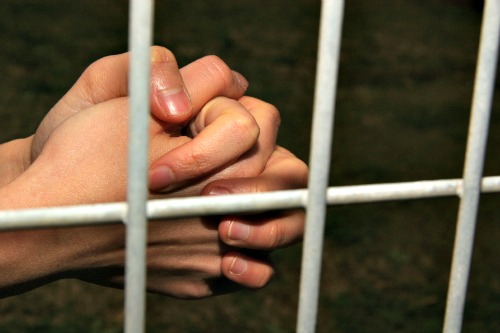
Parents’ rights advocates in Scotland are concerned parents who resist a child ‘changing’ sex could face up to seven years in prison if found to be attempting to “change or suppress” another person’s “gender identity,” including in a family setting.
In a vague and wide-reaching attempt to ban so-called “conversion therapy,” parents who are deemed “controlling” or considered to have “pressured” their child to “act in a particular way” when it comes to “gender identity” could be committing a crime. Criminal penalties could result if the actions cause “fear, alarm, and distress”.
There are defences and exceptions set out in the proposals, including a general defence of reasonableness, but it is unclear how these might be interpreted.
The legislative proposals, published this week for public consultation, give the example of “preventing someone from dressing in a way that reflects their sexual orientation or gender identity” as an action that could become illegal if repeated on two or more occasions.
The threshold for criminality could still be met regardless of whether a parent believed they were acting in their child’s best interests.
Penalties for such a crime include imprisonment for up to seven years, an unlimited fine, or both.

Dismissing the two upcoming Constitutional referendums as mere “ideological gesturing”, the former Justice Minister, Michael McDowell, has called for a ‘No’ vote in both of them on March 8, polling day.
Writing in the Irish Times, Senator McDowell said the existing article on mothers in no way diminishes choice for them, but casts an obligation on the State to amplify their free choices “by assisting those who freely choose to work in the home and would otherwise be forced against their wishes to engage in labour outside the home”.
As for the family referendum, he said the term “durable relationships” is not defined and will be decided by the courts, but they have already said “durable” means capable of lasting but is not the same as “enduring” or permanent.
He asks if the term is intended for polyamorous relations, extending beyond the household, and are such relationships then to constitute the “natural, primary and fundamental unit groups of society”?
He said the fact that a Citizens’ Assembly recommended change “does not justify us in engaging in a process of constitutional amendment by blindman’s-buff referendums”.
“Apart from ideological gesturing, these amendments appear to serve no positive purpose. Far from being retrograde, it would be entirely prudent to vote No”.
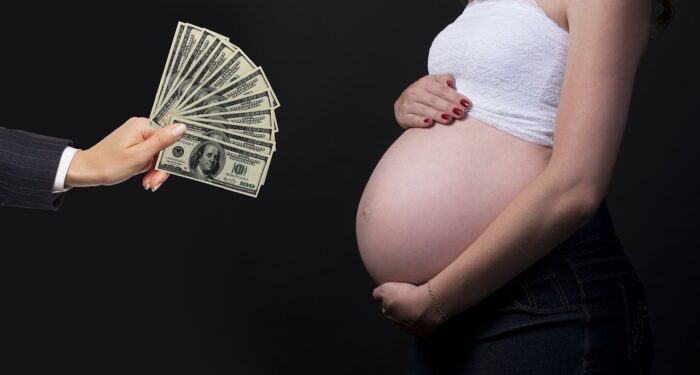
A woman who was born to a surrogate mother has slammed the practice and called for its abolition.
Olivia Maurel (31) said her experiences have led her to conclude that surrogacy is “nothing short of cruel — an immoral act that can cause lifelong damage”.
Becoming a parent herself reinforced her view that the sacred bond between mother and baby “should never be tampered with”.
Comparing the trauma adopted children are said to suffer after being taken from their birth mothers, she said she believes it’s the same for children born via surrogacy: “a profoundly painful experience that disrupts the innate connections between birthing mother and child”.
She also has been moved to tears by messages from women who deeply regret their decisions to be surrogates and how they pine for the babies they gave up.
“We can only protect women like them — and the babies they have — if we ban all forms of surrogacy, including so-called altruistic surrogacy, where the surrogate is not paid a fee for carrying a child, as is the case in Britain”.